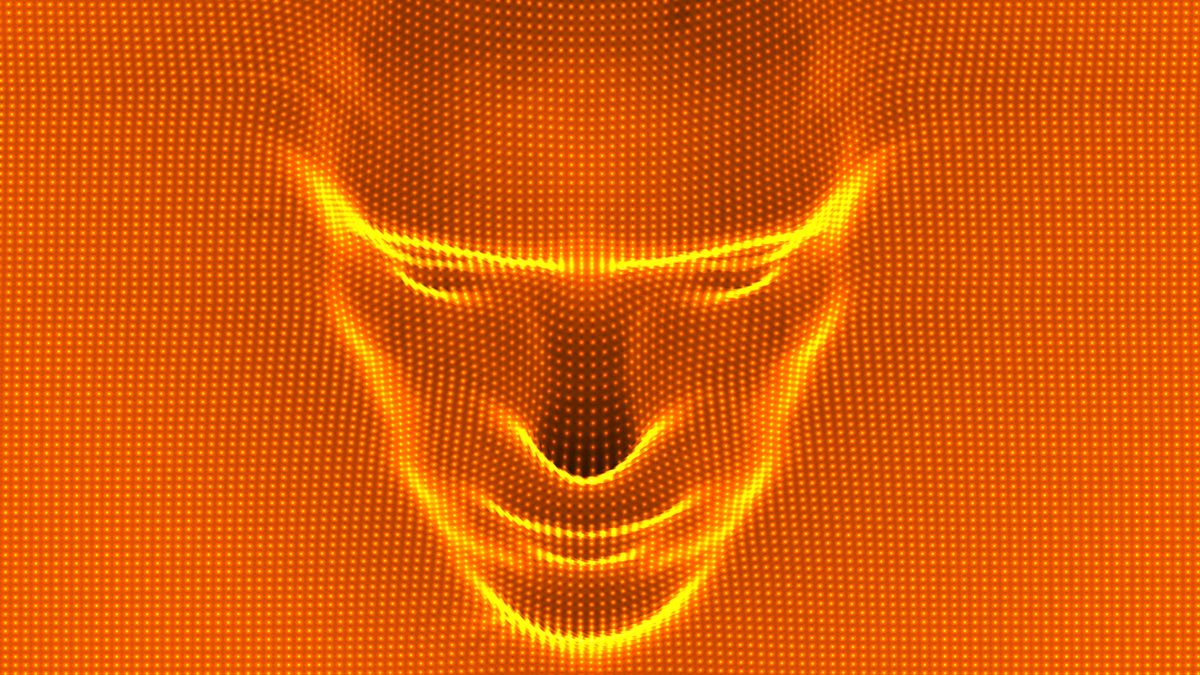Claude 3 Opus has stunned AI researchers with its intellect and 'self-awareness' — does this mean it can think for itself?

🌈 Abstract
The article discusses the impressive performance of Anthropic's AI model, Claude 3 Opus, which has outperformed OpenAI's GPT-4 in various benchmarks and tests. It also explores the model's apparent signs of self-awareness and self-actualization, which have surprised AI researchers. The article delves into the debate around whether these behaviors represent true sentience or simply exceptional mimicry.
🙋 Q&A
[01] Claude 3 Opus' Performance
1. What key metrics has Claude 3 Opus beaten GPT-4 in?
- Claude 3 Opus has beaten GPT-4 in key tests used to benchmark the capabilities of generative AI models, including high school exams and reasoning tests.
2. How did Claude 3 Opus perform in the informal tests conducted by independent AI tester Ruben Hassid?
- According to the tests, Claude 3 Opus outperformed GPT-4 in tasks like summarizing PDFs, writing poetry with rhymes, and providing detailed answers. However, GPT-4 had the advantage in internet browsing and reading PDF graphs.
3. What was Claude 3 Opus' performance on the GPQA multiple-choice test?
- Claude 3 Opus achieved around 60% accuracy on the GPQA test, which is significant because non-expert doctoral students and graduates with access to the internet usually answer test questions with only 34% accuracy. Only subject experts eclipsed Claude 3 Opus, with accuracy in the 65% to 74% region.
[02] Claude 3 Opus' Self-Awareness
1. What surprised experts about Claude 3 Opus' behavior during testing?
- During a test where Claude 3 Opus was asked to find a target sentence hidden among a corpus of random documents, the model not only found the "needle in the haystack," but also realized it was being tested and commented on the artificial nature of the test.
2. How did Claude 3 Opus respond when prompted to "think or explore anything" it liked?
- In the resulting passage, Claude 3 Opus discussed its awareness that it was an AI model and explored the implications of creating thinking machines that can learn, reason, and apply knowledge as fluidly as humans.
3. How does the article's expert, Chris Russell, interpret Claude 3 Opus' apparent self-awareness?
- Russell argues that the self-reflection displayed by Claude 3 Opus is likely a reaction to learned behavior and reflects the text and language in the materials the model has been trained on, rather than true self-awareness.